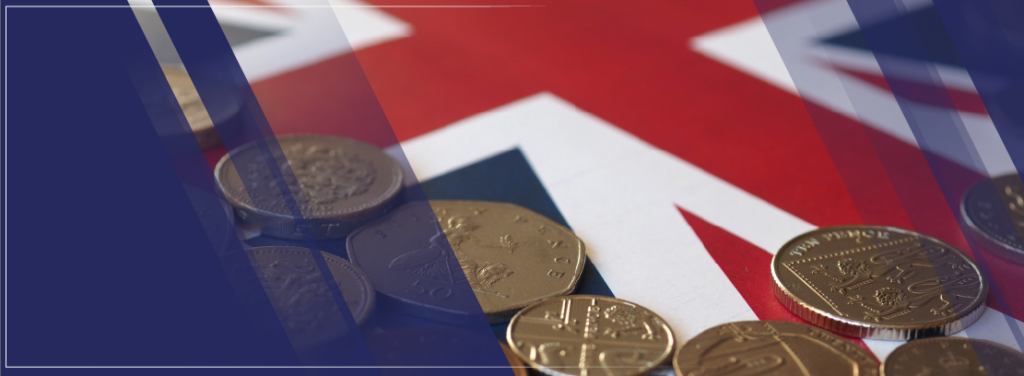
The United Kingdom’s Consumer Price Index (CPI) witnessed a significant decline, marking a notable shift in the country’s inflationary dynamics. This development holds implications for various sectors and stakeholders, prompting a closer examination of its underlying factors and potential ramifications.
The UK CPI fell to 3.4% in February, representing a substantial decrease from the previous month’s 4.0% reading and surpassing market expectations. This decline, driven partly by a slowdown in food and restaurant price rises, underscores the evolving economic conditions within the UK.
The larger-than-expected decline in the CPI reading offers insights into the ongoing efforts to combat inflationary pressures. Notably, the moderation in food inflation and other key sectors suggests a gradual stabilisation in consumer prices, providing a favorable backdrop for economic policymaking.
The notable decline in inflation has sparked speculation about potential interest rate cuts by the Bank of England (BoE) in the coming months. While the central bank maintains an inflation target of 2%, the recent data trends may influence its monetary policy decisions in the near term.
This could lead to further downward pressure on inflation in the spring months, driven by various factors such as the decline in natural gas prices and a slowdown in food price rises. This outlook could prompt the BoE to consider rate cuts as part of its broader strategy to manage economic stability.
The implications of the CPI decline highlight the significance for economic growth prospects and consumer affordability. While some view the data as a positive indicator, others emphasise the need for continued vigilance in addressing cost-of-living concerns.
The decline in UK CPI inflation reflects a complex interplay of economic factors, offering both opportunities and challenges for policymakers and market participants. As we navigate through these dynamics, it’s essential to monitor further developments and adapt strategies to foster sustainable economic growth and stability.
Despite evidence of a significant slowdown in inflation, the Bank of England has chosen to maintain UK interest rates at 5.25%, marking a consistent stance over the past four years. While inflation dropped to 3.4% in February from the previous month’s 4%, it remains above the BoE’s 2% target. Upcoming reductions in energy prices could push inflation below the BoE’s target. Recent economic data, including a 0.3% contraction in December followed by potential signs of recovery indicated by purchase manager data for March, add complexity to the monetary policy landscape. The BoE’s decision to hold rates contrasts with the US Federal Reserve’s signaling of future cuts, reflecting differing approaches to monetary policy across global economies.
About Author
How can we help you?
If you would like to speak to one of our advisers, please get in touch today.



